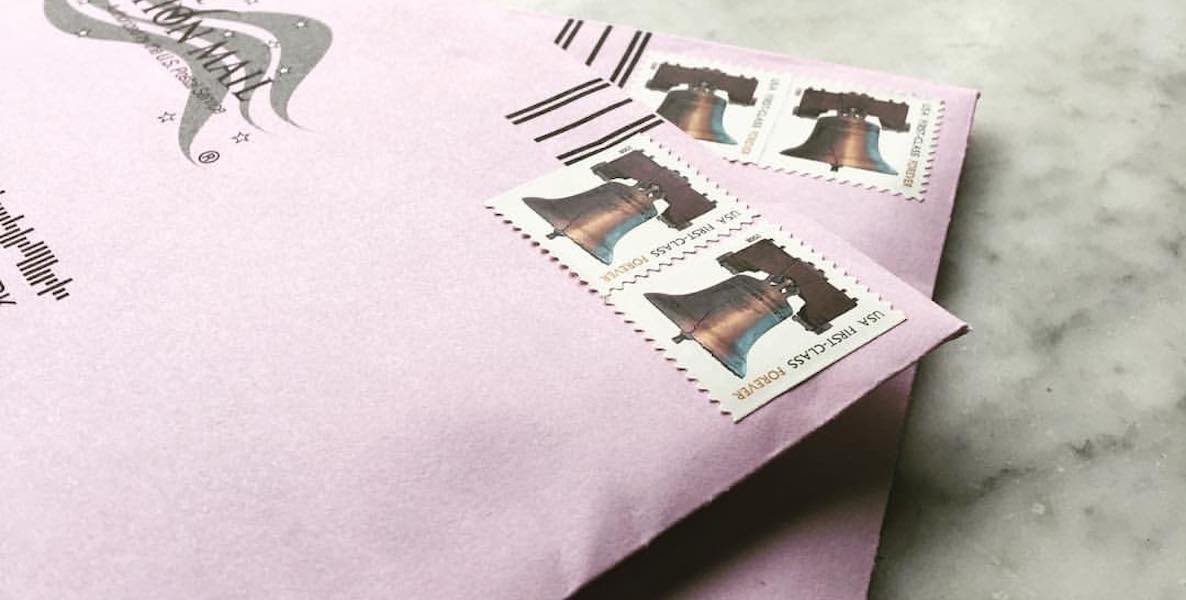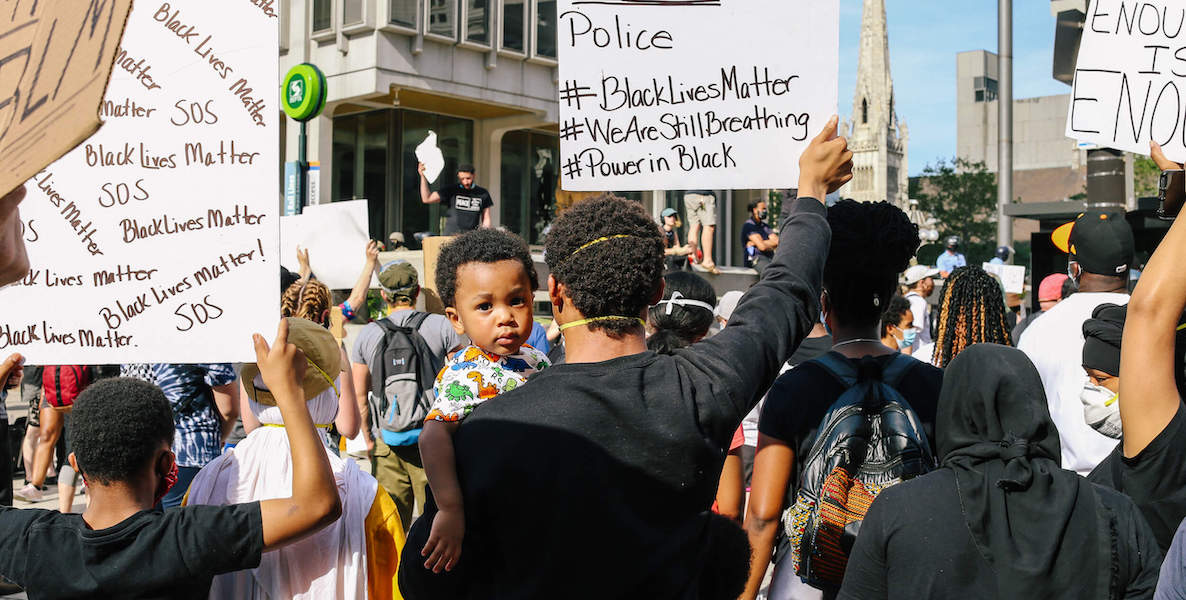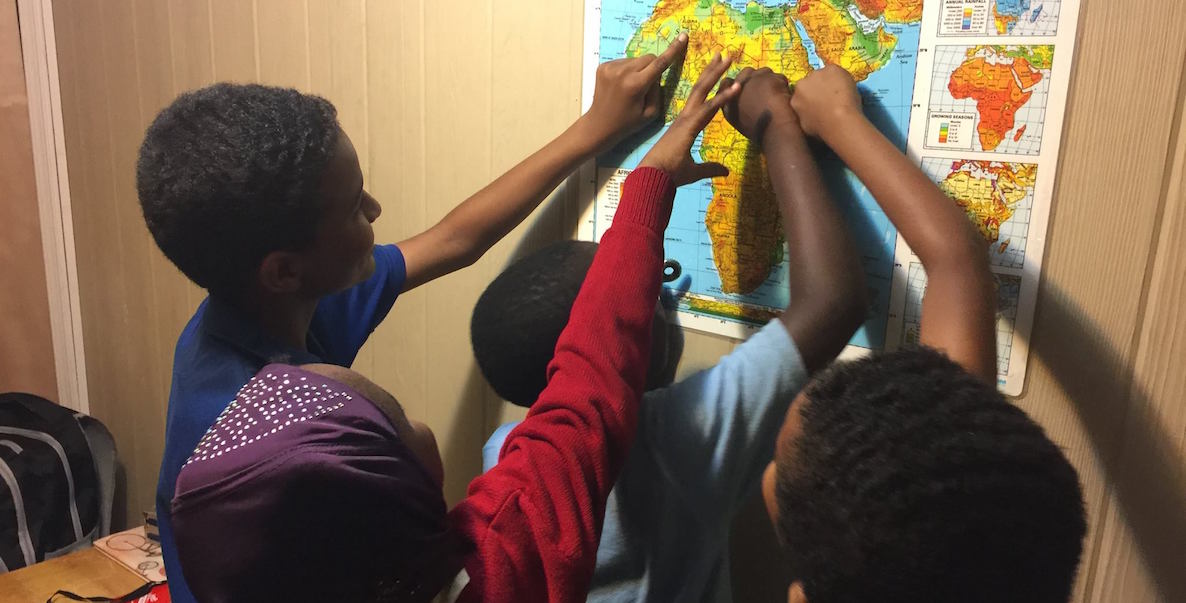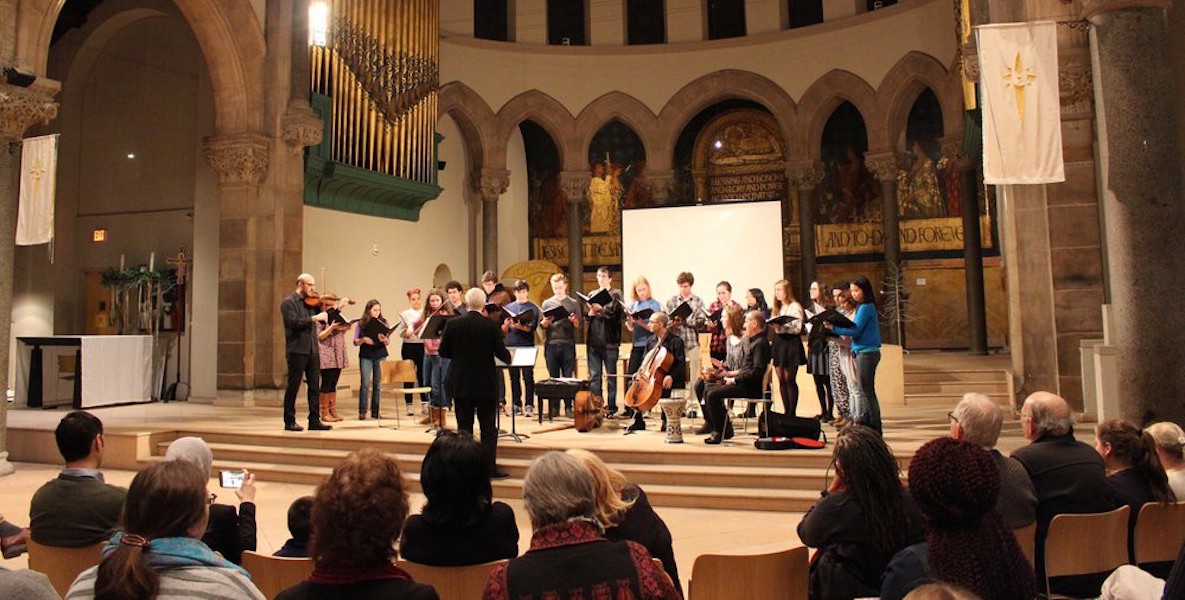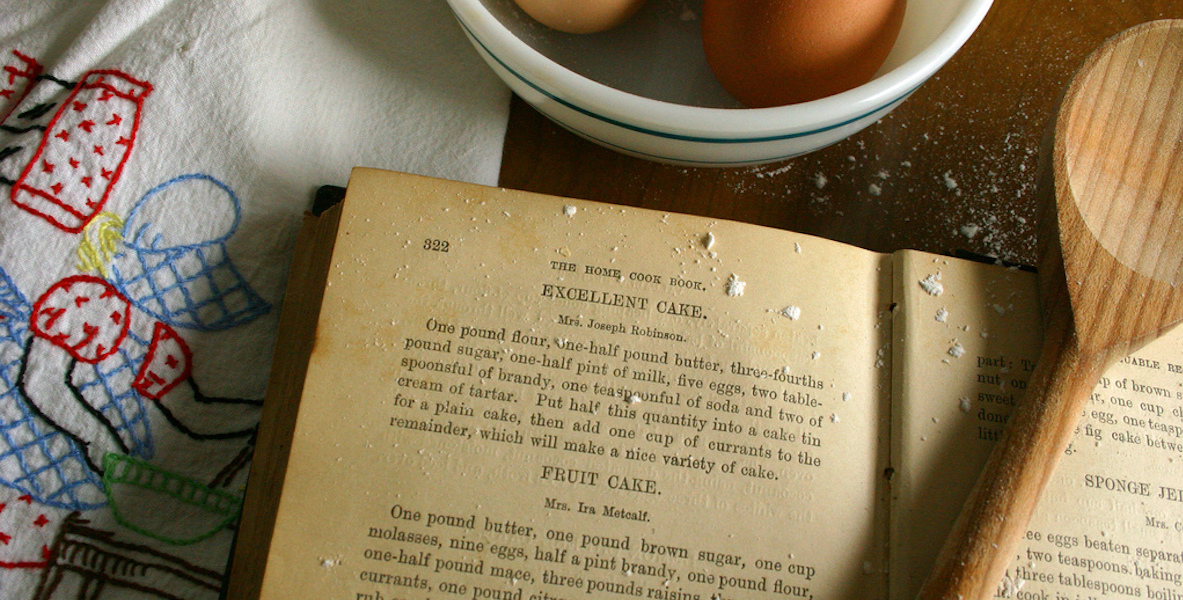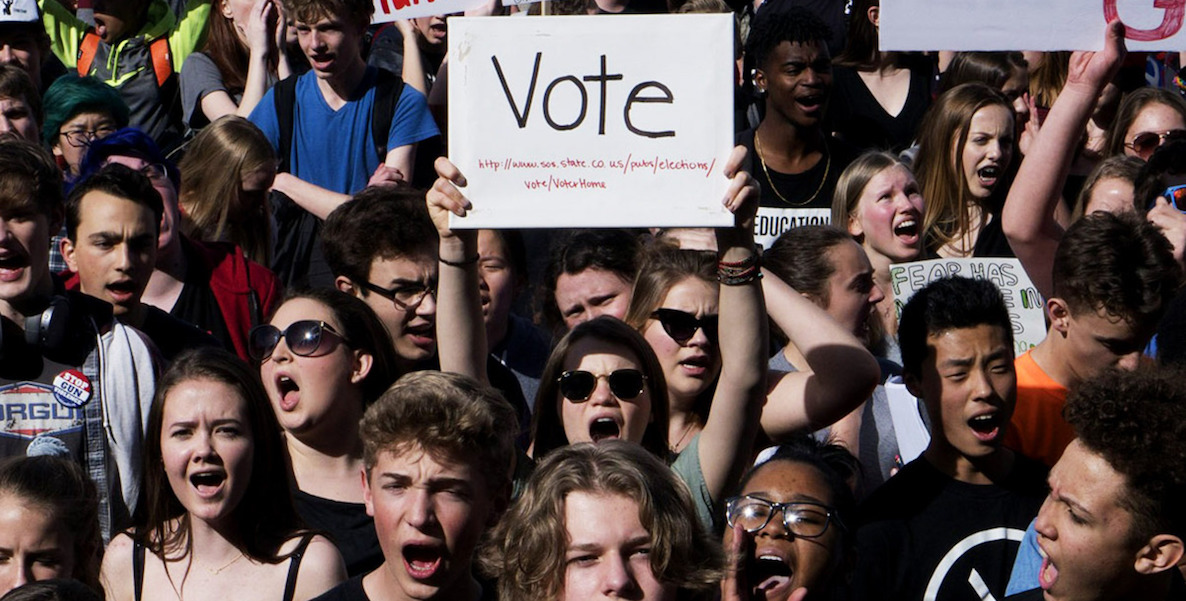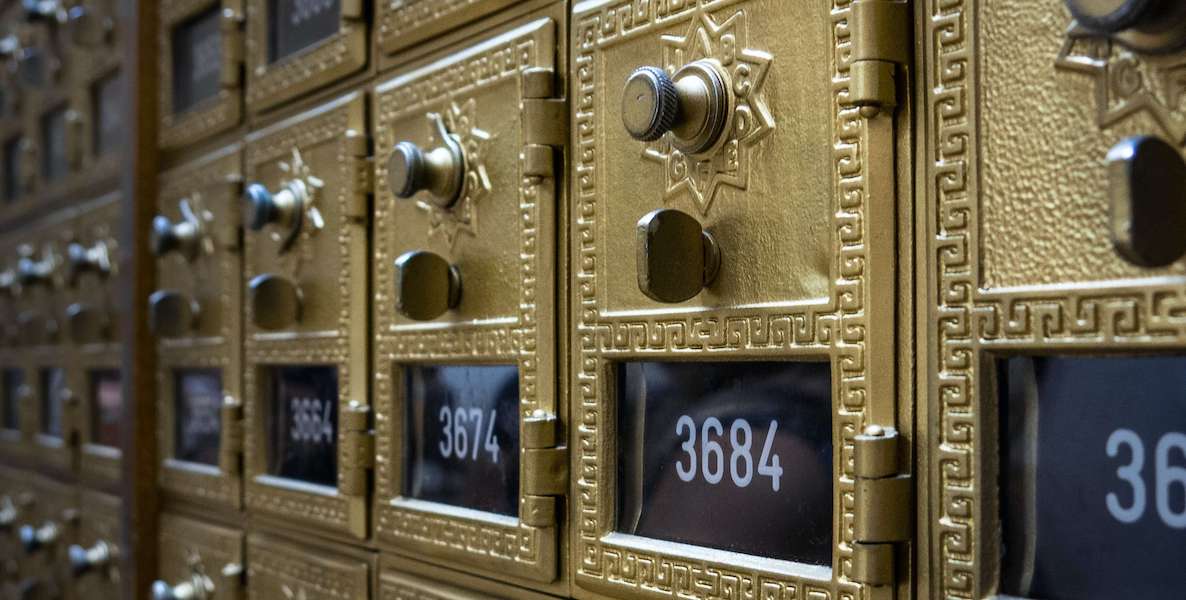To this story in CitizenCastLISTEN
When I went away to boarding school, leaving my 8-years-younger sister alone in our parents’ shattering-glass marriage, she needed someone to confide in. Someone who would believe and not shush her. She wrote me a secret letter, found an envelope—no lightly penciled guide lines—and addressed it something like this: to my sister Lorene who goes to St Pauls school in Concord, New Hampshire.
How many postal workers handed it to each other, agreeing to keep it moving, with the middle-school handwriting sliding off the envelope, and no stamp anywhere?
When my husband Bob was old enough to be allowed to collect mail from their rural Iowa post office box—there were no street names—Mrs. Elsie Bowen, their post master, “cheerfully businesslike,” with her glasses and graying hair permed into waves, he remembers, knew everyone’s name.
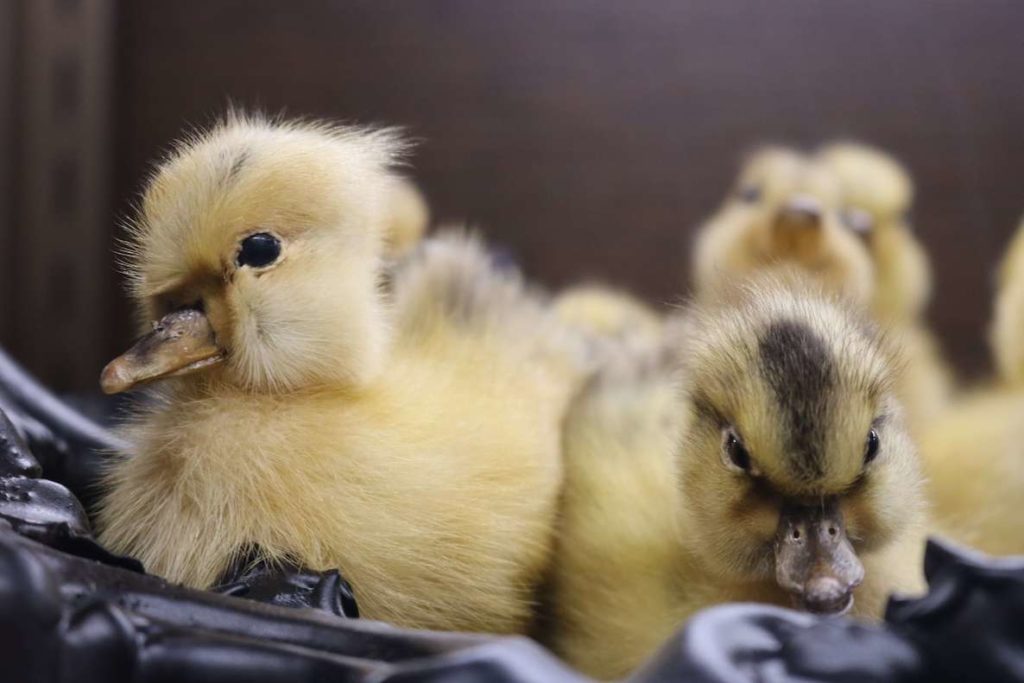
When chicks were delivered, Bob could hear them cheeping from the back. The ammonia of their urine and the grainy feed table that came with them combined into a smell he can still conjure.
When it was time to send my college applications, with their strict deadlines and life-changing potential, required postmarks—college applications, grant proposals—I arrived at 11pm at one of the few places in Philadelphia that was open 24/7: 30th Street Station.

Dirty mosaic tiles high up in the domed entryways reflected passing headlights. Marble walls stretched a block long inside. Travertine floors gave up a dull sheen and an echo-y click as I walked to the line of late-mailers. The importance and grandeur of the place marked and capped and sealed the evening’s hectic rewriting and hope and fear and driving too fast and parking too tight and running in. Time slowed down in the “Historic Corridor” as it was called.
30th Street lent to these silent, moments of information transfer a solemnity appropriate to the stakes attached to these bits of paper moving among us. Postal clerks, whether amused at the line of late-mailers or annoyed by us, made our little transactions human as well as individually historic.
When I wrote my last book and learned facts about the great-grandfather who had moved his family from Goldsboro, North Carolina—Nana pronounced it Gols-burrah—to North 33rd Street in Philadelphia, the Post Office showed up again. Nana’s father, Will Hagans, had become a Goldsboro postal clerk, although not a postmaster, like the many that Black legislators were helping to get appointed.
And when my first-ever girlfriend grew up, a wonderful woman who even as a girl anchored effervescence with a tiny, weighted streak of sly, she became a postal worker. Siboney and her family lived upstairs in our duplex row house, and my mother says that when I got angry as a two-year-old, I would make for upstairs, calling the family’s mother: “Miss Dor-ree!” who knew I meant Doris. Siboney was the first person I ever rode a bike with, played Jax, jumped rope.
When she was given a delivery route close to my house, I would see her and wave, or we’d talk, only briefly, because she had a route to cover. After a few years of telling me, “This bag is getting heavier!” Siboney has retired, but her integrity and intelligence were plowed into USPS, like fertilizer.
So, of course, like my fellow and sister Americans, I have experienced the Post Office as energy, information, order, and an expression of the national will to connect our largest structures efficiently and carefully to the smallest needs of our people. Cookies to grandchildren at Christmas. Notices of law suits. Apologies. Bills of sale. Church bulletins to the sick and shut in. Thank yous. And love letters.
Love,
Lorene
Lorene Cary is a lecturer at Penn and author, most recently of Ladysitting: My Year with Nana at the End of Her Century, a care-taking memoir, and My General Tubman, a play about the complex journey of the abolitionist/activist that ran this year at Arden Theatre.
It’s election season in Philadelphia. Are you all set to vote?


